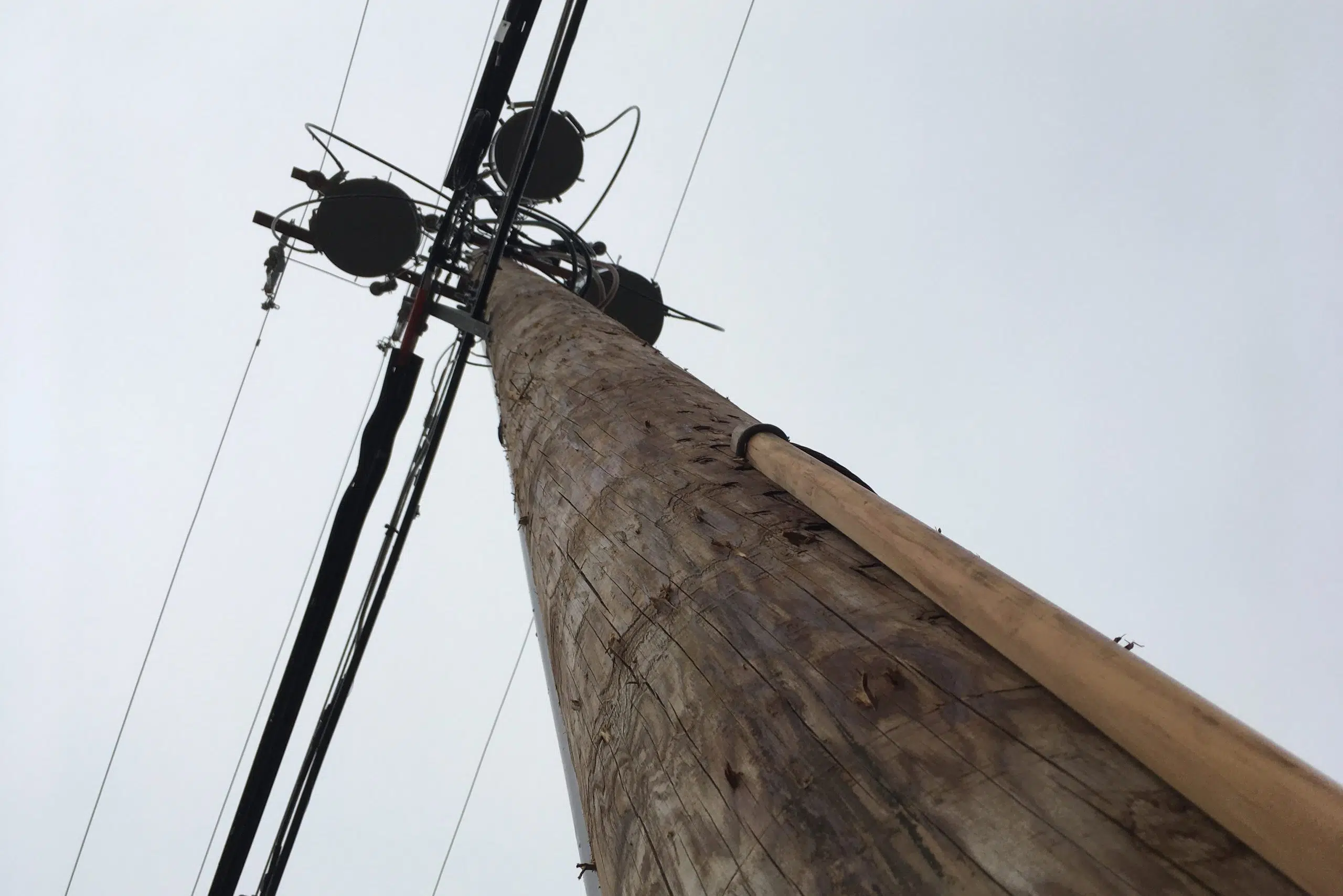Although Saskatchewan residents will pay more for fuel, natural gas and electricity starting Monday due to the carbon tax, an assistant professor of economics at the University of Regina (U of R) expects most people to get that money back.
Brett Dolter studies and teaches climate change policy at the U of R. He’s working on a soon-to-be-published paper that analyzes how much money people currently spend on fuel, electricity and natural gas and how that will change once a carbon tax is implemented.
So far, his research shows that in Saskatchewan people can expect to pay 4.6 cents more on gas, two per cent extra on electricity and another 18 per cent on natural gas. These “direct costs” will see the average family spend roughly $220 more per year on fuel and energy.
Meanwhile, businesses will also be passing on higher fuel costs to consumers. People will notice these “indirect costs” through purchases like clothing and groceries. Dolter predicts the average family will spend an additional $200 to $300, depending on how much they buy.
“If you have more income, you’ll spend more on the products and you’ll spend more on the carbon pricing,” he said.
According to Dolter’s calculations, the average Saskatchewan family should pay roughly $500 in carbon tax per year — more than what the Government of Canada projects.
In Saskatchewan, the federal government expects the average family to pay $403 in carbon-tax costs and receive $598 in rebates, creating a $195 net benefit.
“Every household in Saskatchewan will see that incentive and 85 per cent of them will be better off,” Public Safety and Emergency Preparedness Minister Ralph Goodale told reporters after a funding announcement for STARS Air Ambulance last week.
Dolter said the tax is about changing people’s behaviour.
“It’s trying to encourage people to be using less energy. If you put that incentive in place, then those who already use less energy come out ahead at the end of the year, and those who use more, don’t,” Dolter said.
Carbon tax encourages environmentally-friendly consumerism
Dolter noted that British Columbia’s carbon tax, which has been in place since 2008, has changed people’s mindsets.
For example, it pushed people to buy more fuel efficient vehicles, along with solar panels and better insulation for their homes, to avoid the extra costs associated with the carbon tax, he said.
It also caused more businesses to be environmentally-friendly, which blunted the sticker shock on goods, Dolter added.
“The prices start to reflect whether you’re buying products from a clean or dirtier business,” he explained. “If they’re a cleaner business, then they’re not going to have to increase their prices by as much, because they’re not having to pay as much for carbon costs.”
In the long term, Dolter expects similar shifts in Saskatchewan.
When it comes to the way people spend their money in the local economy — through restaurants or bars, for instance — he doesn’t expect much to change. That’s because people should be getting the same money, if not more, back from the federal incentives, he said.
As for tourism, Dolter said the impact will only be known a year from now when people start spending their rebate cheques.
“If they decide they’re going to spend it on a vacation, you’ll get more people travelling,” he said. “If they decide to keep it in a savings account, and every time that natural gas and electricity bill comes in they’ll just take it out of that account, then they’ll use it to pay the cost without a change in behaviour.”
When looking at the carbon tax overall, the economist predicted, “it’s not going to have as big an impact as people fear.”
Back in February, Saskatchewan’s court of appeal heard arguments on the province’s constitutional challenge of the carbon tax.
The court will decide soon whether the federal government has the jurisdiction to impose a price on carbon pollution in provinces that don’t have federally-approved plans of their own.











